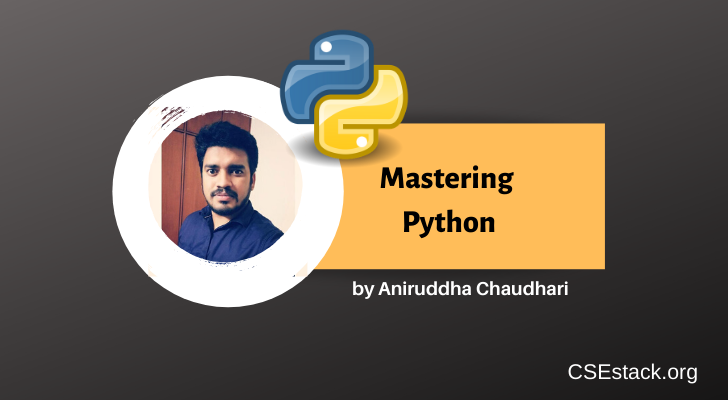
Pytest is one of the very useful and widely used Python frameworks. This framework is majorly used for writing the unit test cases.
Usually, developers write the unit test cases to make sure whatever code has been written is working without any error.
If you are a Python developer (irrespective of your profile whether you are a developer or tester (QA)), you should know the Python Pytest framework.
In this article, I’m just sharing a few of the interview questions I have been asked in the interview related to the Python unit testing. I will also try to explain them by giving practical examples.
I’m a professional Python backend developer. Here are some of the Pytest interview questions and answers.
Here are some of the popular unit testing tools used for unit testing.
You should be good at at least one of the frameworks mentioned above. At least, you should know the basics.
I worked on different Python projects where we have to develop a complete full-stack web application. We used different Python frameworks for unit testing. If I have to choose one, I feel confident going with PyTest. It is high in demand.
PyTest is a Python package that you can install using simple pip command.
pip install pytest
It installs the latest PyTest version from the PyPI Python package repository.
No further setting is required. It is always recommended to use a virtual environment for setting up the Python project.
The interviewer can also ask you about the working of the PyTest unit test case to check your hands-on experience writing unit test cases.
I have already explained the working of the Pytest Python framework by writing and explaining some sample unit test cases. Go through it.
If the interviewer asks you this question, you have to explain writing unit test cases, executing them.
Once you have written unit test cases, you have to execute them. There is a simple command to execute unit test cases using PyTest.
pytest <testcase_file.py>
It executes all the test cases present in the file one by one. In the end, you can see the result of all the test cases whether they are passed or failed.
Here are two basic mandatory rules you should remember while writing test cases.
test_.test_ or end with _test.Not following these runs, your test cases will not be working.
It is good practice to have a dedicated Python file where you can write all your test cases to execute.
You can execute the test cases in multiple ways.
pytest
pytest <file_name>
pytest <file_name>::<test_case>
These commands are self-explanatory and simple to remember.
If you have observed, you don’t see the print output in the console.
Use -s option along with pytest command. If there is any print statement in your code, it will get printed on the console.
pytest <testcase_to_execute> -s
This option is really helpful when debugging is required.
These are some of the very basic PyTest interview questions and answers. Some of these questions were asked to me in the technical interviews. You can also expect some questions related to Python assert.
Also, check Python interview questions asked in product-based companies.
Let me know if there are any other questions you came across in interviews, I would like to add them to this list. Best wishes!